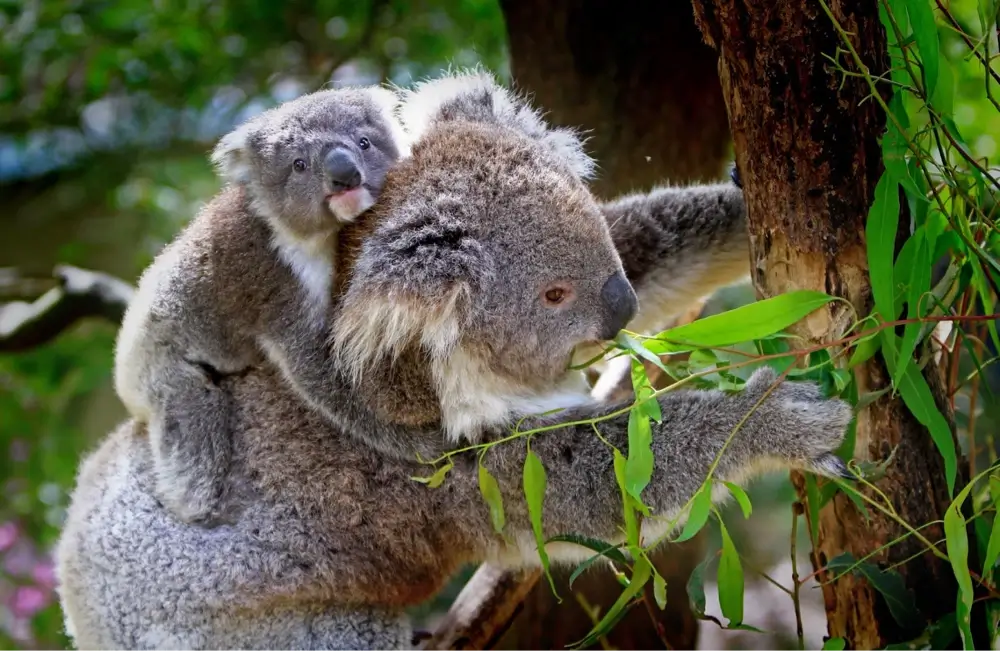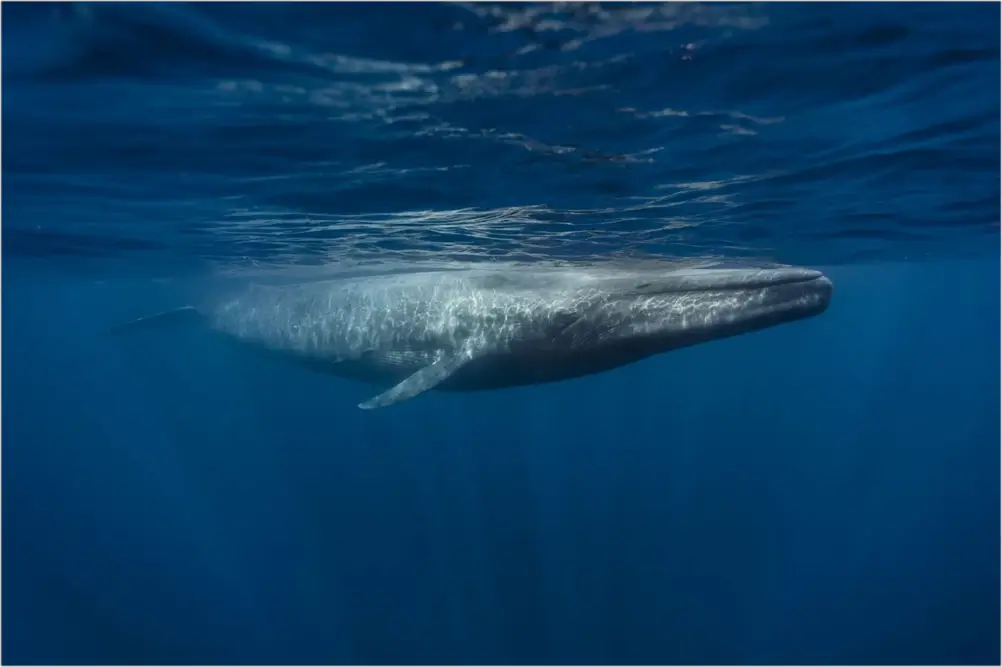One action you could do to save 1,830 threatened species
For our children and grandchildren, the wonders of nature are endless.
Watching butterflies emerge from their cocoons. Spotting crabs dart between rocks on the beach. Planting seeds and watching them grow.
Growing up in Australia, our big backyard offers so much for children to explore and enjoy.
We share our home with ancient landscapes and world-heritage listed reefs and rainforests. More than 80% of our animals, birds and fish are found nowhere else on earth.
For many of us, it’s almost impossible to imagine growing up without wild wombat or koala encounters.
But what kind of future will our children and grandchildren really inherit?
According to research by the Australian Conservation Foundation (ACF), most people believe nature in Australia is still in good health.
The truth is, nature in Australia is in trouble.
Nineteen of our most important ecosystems – from the Great Barrier Reef to the Murray Darling Basin – are collapsing. Australia is the only developed nation on the list of global deforestation hotspots, alongside places like the Amazon and the Congo. We also hold a record nobody wants: the worst rate of mammal extinctions in the world.
Instead of protecting iconic species like the platypus and koala, our failing environment laws are pushing more and more animals to the brink of extinction.

Koala with baby koala on its back. Photo © Maelor Himbury
Late last year, another 56 Australian species were listed as threatened on the international Red List, including the Bogong moth, the Grey-headed Flying Fox and the Arcadian Velvet Gecko.
Other animals already on the list include the numbat, greater bilby, swift parrot, cassowary, koala (NSW, QLD, ACT) and blue whale.

Blue whales are a threatened species. Photo © Shutterstock
That’s a total of 1,830 threatened species. Plants and animals that future generations may never have a chance to see.
But one action by you can help protect them. And it only needs 1% to make a difference.
“We have left a bequest to ACF in our wills because the natural world needs champions to fight for it,” says nature lover and donor Frank Chai.
Frank is happiest when camped out under the stars, scrambling over an escarpment to see extraordinary views, or watching great flocks of budgerigars on a bush track in Central Australia.
Throughout his travels in Australia and around the world, he and his wife Bee have witnessed the destruction caused by climate change.
“We have seen vast tracts of our forests burnt due to extreme temperatures and cities across the world in a perpetual haze, where children grow up without seeing the sun, moon or stars,” he says.
Frank and Bee have left a bequest to ACF – Australia’s national environment organisation – in the hope that future generations can experience the awe and wonder of Australia’s big backyard, just as they have.
“I see ACF as an organisation that is a strong advocate for nature,” Frank says.
Since it was formed nearly 60 years ago, ACF has been the driving force behind some of Australia’s most important wins for nature – from winning World Heritage status for the Great Barrier Reef, to banning oil drilling in Antarctica.
Today, ACF is campaigning to save Australia’s big backyard, calling on elected leaders to create strong national nature protection laws to stop Australia’s worsening extinction crisis, and to
support nature as a climate solution.
“It’s up to us – people who adore our native wildlife and want them around for future generations – to help rewrite the future for our children and grandchildren,” says ACF Campaigns Director Paul Sinclair.
Learn how you can leave a lasting legacy for your children, grandchildren and generations to come.